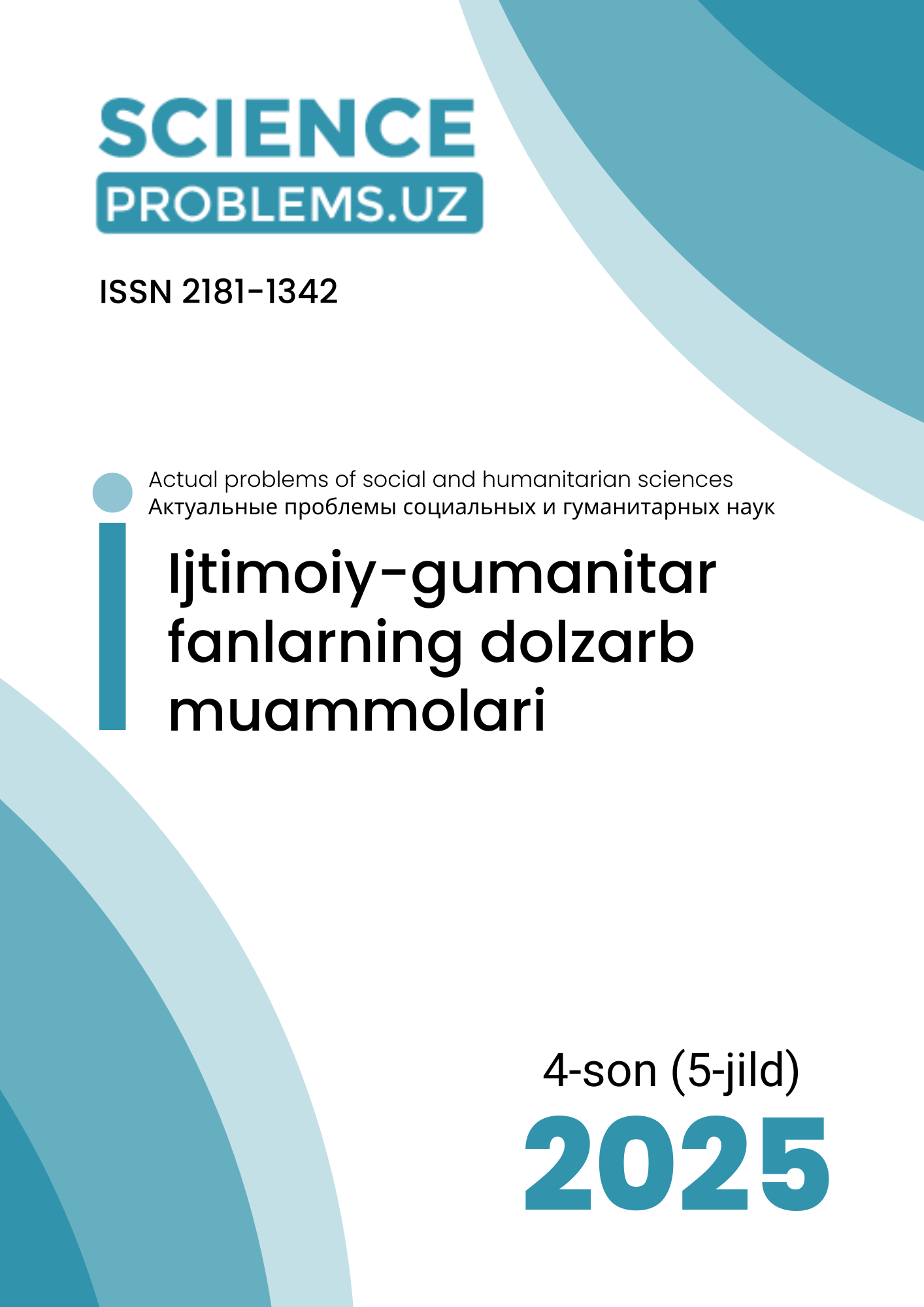UZBEKISTAN EXPERIENCE IN PROMOTING FISCAL DISCIPLINE AND BUSINESS ENVIRONMENT THROUGH SUSTAINABILITY RATING
DOI:
https://doi.org/10.47390/SPR1342V5I4Y2025N17Keywords:
stability rating, fiscal discipline, economic efficiency, business environment, financial stability, tax compliance, rating system, incentive mechanism, digitalization, Uzbekistan experience, international experience, S&P, ESG.Abstract
This article analyzes the role of the business entity stability rating system introduced in the Republic of Uzbekistan in strengthening fiscal discipline, improving the business environment, and fostering trust between the public and private sectors. The rating system evaluates entities based on 23 comprehensive indicators, including economic efficiency, financial discipline, fulfillment of tax obligations, social responsibility, and the level of digitalization. The article outlines the incentivizing and penalizing principles of the rating system, its legal framework, and provides a comparative analysis with international practices (S&P, ESG, Doing Business). It is substantiated that the implementation of the stability rating contributes to digital and targeted economic governance in Uzbekistan through tax administration automation, early identification of fiscal risks, and differentiated incentives for compliant business entities.
References
1. Mirziyoyev Sh. M. (2024). 2024-yil 5-yanvar kuni Shavkat Mirziyoyev tadbirkorlarning barqarorlik reytingini joriy qilish bo‘yicha taqdimot bilan tanishtirilishdagi nutqi". https://yuz.uz/uz/news/tadbirkorlarning-barqarorlik-reytingi-joriy-qilinadi.
2. Robert M. Solow. (1988). Growth Theory: An Exposition. Oxford University Press. ISBN: 0195056094, 9780195056099.
3. William J. Baumol. (1996). Entrepreneurship: Productive, unproductive, and destructive. Journal of Business Venturing, 11(1), 3–22. https://doi.org/10.1016/0883-9026(94)00014-X
4. Jeffry A. Timmons. (1989). The Entrepreneurial Mind. Brick House Publishing Company. ISBN: 0931790840, 9780931790843. – p.187.
5. Kuckertz, A., & Wagner, M. (2010). A Systematic Literature Review of Sustainable Entrepreneurship Metrics. Journal of Business Venturing Insights, 14, 1–14.
6. Tivonen, M., Korhonen, J., & Jussila, J. J. (2019). Sustainability and entrepreneurship: A bibliometric review and research agenda. Sustainability, 11(9), 2681.
7. Shane, S. (2003). A General Theory of Entrepreneurship: The Individual-Opportunity Nexus. Edward Elgar Publishing. ISBN: 9781840648780.
8. Acs, Z. J., & Audretsch, D. B. (2005). Handbook of Entrepreneurship Research: An Interdisciplinary Survey and Introduction. Springer.
9. Casson, M. (2003). The Entrepreneur: An Economic Theory (2nd ed.). Edward Elgar Publishing.
10. Porter, M. E. (1990). The Competitive Advantage of Nations. Free Press.
Porter, M. E. (2008). On Competition. Harvard Business Review Press.
11. OECD. (2010). Entrepreneurship at a Glance 2010. OECD Publishing.
OECD. (2017). Measuring Entrepreneurial Performance: A Policy Toolkit. OECD Publishing.
12. Oʻzbekiston Respublikasi Vazirlar Mahkamasining 2024-yil 30-yanvardagi “Tadbirkorlik subyektlarining barqarorlik reytingini aniqlash tartibi toʻgʻrisidagi nizomni tasdiqlash haqida”gi 55-son qarori. 2024-yil, aprel.
13. Oʻzbekiston Respublikasi Prezidentining 2024-yil 23-yanvardagi “Tadbirkorlik subyektlarining barqarorlik reytingini joriy etish chora-tadbirlari toʻgʻrisida”gi 39-son qarori.
14. O‘zbekiston Respublikasining Soliq kodeksi (yangi tahriri). (2025). 30-dekabr. – 402 bet.
15. Kraus, S., Clauss, T., Breier, M., Gast, J., Zardini, A., Tiberius, V., & Brem, A. (2019). Entrepreneurial orientation and sustainable development: A configuration approach. Journal of Business Research, 99, 314–324.








